What can I expect from a title report?
When purchasing property in Warwick, Rhode Island, there are a lot of legal requirements and stipulations that must be followed to a T in order for the sale to go through and be recorded properly. One of the most important is the transfer of the title. Before the title can be officially transferred from the old owner to the new, it’s crucial for the buyer to carefully review the title report and make sure there are no problems.
What Is a Title Report?
A title report outlines key legal details and history of a property, including its legal status and any information related to its ownership.
There are several components that must be included in a real estate title report, such as county, zoning, property value, and tax information.
There are several ways a title can be held, such as:
- Sole ownership: In these cases, one individual has all of the rights to a property. Sole owners are free to occupy, lease, sell, or bequeath the property as they please.
- Tenancy in common: When two or more individuals jointly hold the title, it’s known as a tenancy in common. This typically happens when several investors or partners purchase a business or investment property.
- Joint tenancy with rights of survivorship: When two or more people jointly hold the title and one joint tenant dies, their interests in the property automatically transfer to the remaining tenant(s). If there is only one surviving tenant, the title automatically becomes a sole ownership.
- Tenancy by the entirety: In tenancy by the entirety, married couples are treated as a single entity so that each person has the right to 100% of the interest in the property.
Why Do You Need a Title Report?
Aside from the very important role of ensuring the person or group selling the property actually has the legal right to do so, the title report will also help you:
- Discover vested interests in the property.
- Identify details of any liens.
- Identify any encroachments, easements, and rights of way.
- Learn whether the property title is free from defects that may impact how you use it, which will also affect its value.
What Should Be Included in a Title Report?
Some things to make sure are included in your real estate title report are:
- Liens: Information on any outstanding liens on the property. A lien means the property could be used as collateral for the previous owner’s outstanding debt.
- Public record errors: Read through the title with a fine-toothed comb to ensure all information is accurate and there were no errors made when filing. These administrative errors, although not your fault, can still affect the deed's validity.
- Falsified documentation: Some public records may contain false documents that make it extremely challenging to find the rightful owner of a property.
- Falsified identity: Your potential ownership can be at risk if someone is impersonating the property owner to try to make money by selling a property that’s not actually theirs.
- Encumbrances: An encumbrance means that a third party has an interest or liability on the property. While this won’t prevent the transfer of ownership, it can diminish the property’s value.
- Estate plans: You may discover an unknown heir or will. These types of newly uncovered estate plans can jeopardize your potential ownership of the property.
- Property disputes: Public survey plans may show property boundaries that don’t match up with what you were promised, ending up in disputes about property lines and value.
- Violated building codes: The title may be impacted by unresolved building code violations.
Preparation of a Title Report
Conducting a title search on your own is not advised. Instead, it’s best to work with someone who is experienced in title searches, like a title officer, title company, or attorney who knows exactly what to look for and how to find the documents.
Information that should be reviewed in the title report includes:
- County property deeds
- County assessment records
- Tax lien records
- Court filings
- County land records
- Mortgages
- Divorce cases and settlements
- Bankruptcy court records
- Street and sewer assessments
- Land surveys
- Wills
How to Get a Real Estate Title Report
- Gather all information about the property with the records you have (even if it’s only the address).
- Go to your local courthouse or online court record locator and search through property deeds.
- Try to establish a chain of ownership.
- Call or visit the county assessor for help locating the title.
- If you still can’t find the title, get in touch with a title officer.
- Work with the title officer until you have all information and documents you need.
Schedule A Titles
In a Schedule A title, you will find the details about the land and owner, such as:
- The full names of the current owners
- The commitment date
- What policies are to be issued by the lender or homeowner
- The type of land interest — for example, fee simple or leasehold
- The property’s legal description
Schedule B Titles
A Schedule B title lays out what will and will not be covered by title insurance, such as the requirements and an explanation of the steps to meet the requirements. It also contains exceptions and exclusions.
We Can Help
If you have any concerns with the title report, or you’d like help deciphering it and knowing what to look out for, our team of real estate attorneys can assist you. Reach out to us if you are in the process of buying your first house in Rhode Island or Massachusetts.









